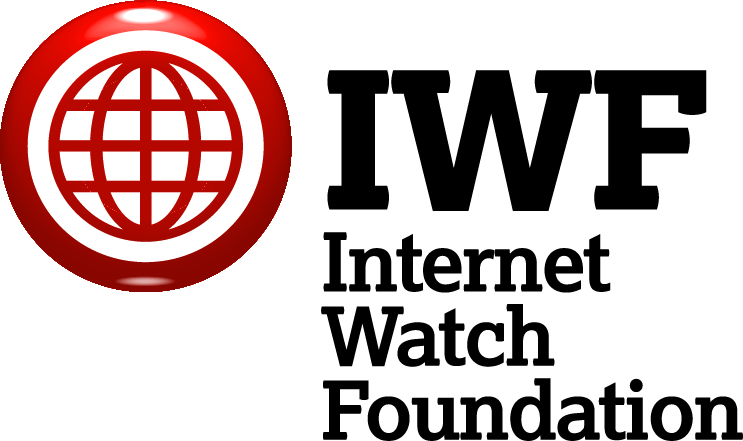E Safety
What is e-safety?
E-safety is a term which means not only the internet but other ways in which young people communicate using electronic media, e.g. mobile phones. It means ensuring that children and young people are protected from harm and supported to achieve the maximum benefit from new and developing technologies without risk to themselves or others.
Online Safety
Online Safety is an integral part of children’s education in today’s digital world and is embedded in their learning at school. We are also keen to support parents/carers to improve their own understanding of online safety issues, so you can engage with your children regarding their use of the internet while at home.
We have extensive security measures and safe working practices in place in school, which are monitored both internally and externally, to help safeguard pupils from potential dangers or unsuitable material.
In school children are taught how to stay safe and behave appropriately online. Adults should, as you would in the real world, educate children on what to do when they encounter danger and how best to deal with it. As a school, E-Safety incidents are dealt with in accordance with our policies and sanctions applied to deal with unacceptable behaviour.
We can only be successful in keeping children safe online if staff and parents work together to ensure the E-Safety message is consistent. It is important that adults speak to their children about how they can keep safe, teach them how to behave appropriately online, set rules and deal with bad behaviour.
If you have any questions then please don't hesitate to contact the school. We may be able to help or direct you to get advice about keeping you and your children safe whilst online.
All pupils are required to sign an Acceptable Use Policy before being allowed to use online resources at school. The Internet and the tools to access it such as computers, laptops and I Pads change at a rapid pace. The websites below provide parents with excellent information on helping you ensure your child remains safe online.
Reporting urgent matters
We hope that you never have to use these, but these are the places you can go for help. Please also remember that in the case of illegal activity or content that needs to be dealt with urgently, the police should be called on 999 as well.
Grooming or other illegal behaviour:
If you want to report someone who is behaving suspiciously online towards a child, you should in an emergency contact the emergency services by calling 999, or otherwise make a report to CEOP, the Child Exploitation Online Protection Centre, see www.ceop.gov.uk.
Criminal content online:
Child sexual abuse images: If you stumble across criminal content online, you should report this to the Internet Watch Foundation at www.iwf.org.uk/report. Criminal content in the UK includes child sexual abuse images, criminally obscene adult content as well as non-photographic child sexual abuse images.
Online terrorism:
You can report terrorism related content to the police’s Counter Terrorism Internet Referral Unit at www.gov.uk/report-terrorism.
Hate speech:
Online content which incites hatred on the grounds of race, religion, disability, sexual orientation or gender should be reported to True Vision at www.report-it.org.uk.
(advice and content above taken from http://www.saferinternet.org.uk/need-help)
And of course, please talk to us at the school so that we can help.

